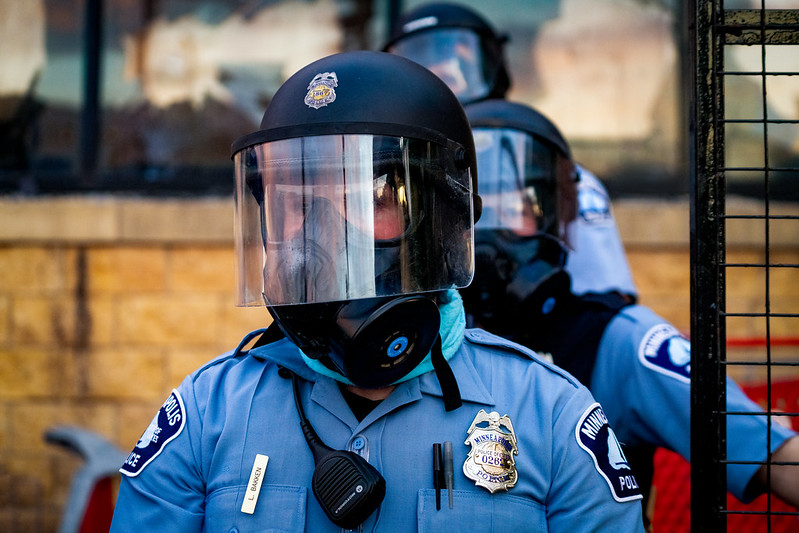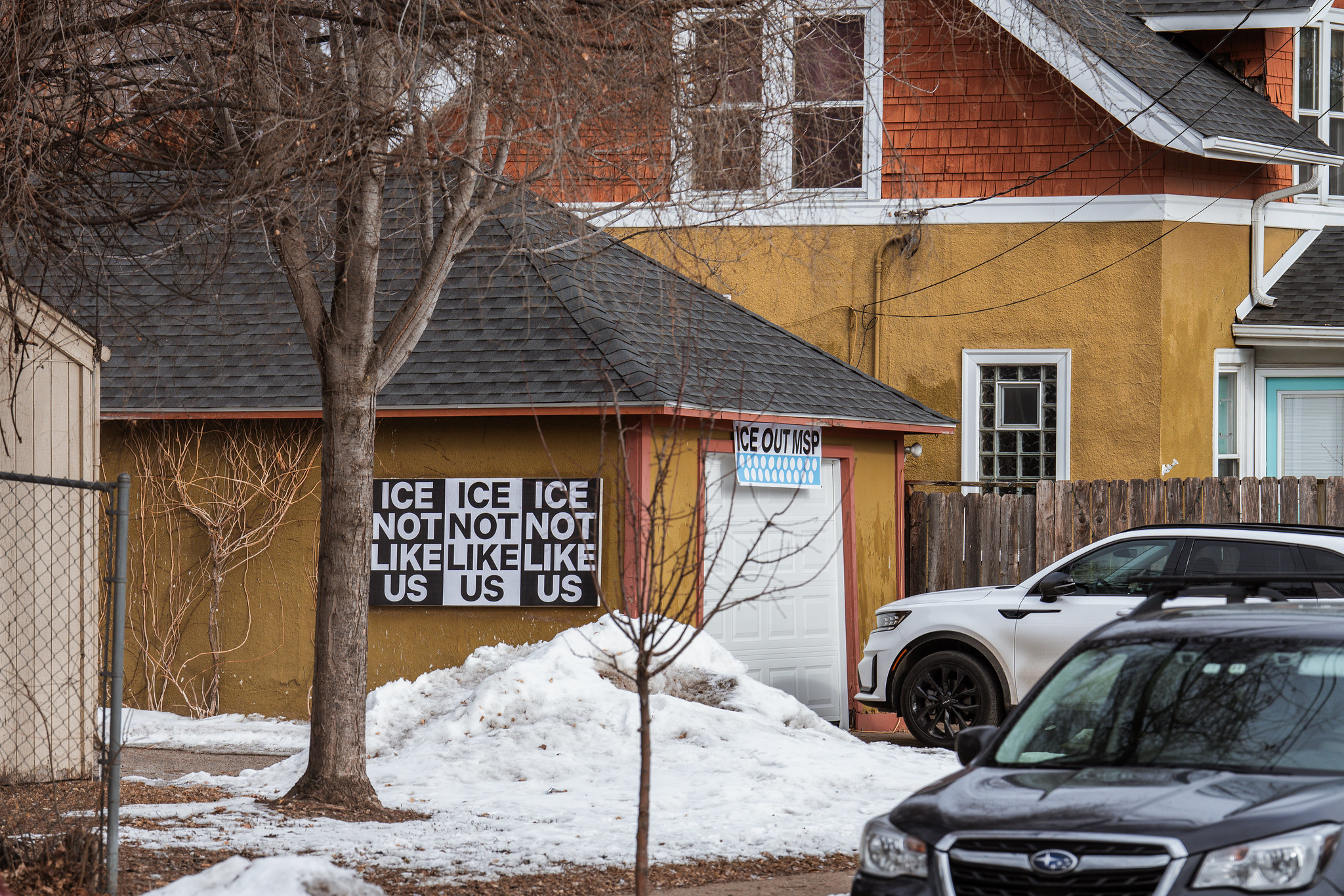Welcome back to The Flyover, your daily digest of important, overlooked, and/or interesting Minnesota news stories.
Guess Who's Not Getting Defunded?
Next week, the Minneapolis City Council will take up a new contract negotiated between the city and the police department. Deena Winter at the Minnesota Reformer took a closer look at that agreement today, and yes, it’s as generous as it appears on the surface. The contract grants raises of 5.5% on July 1, 2.5% on January 1, and 3.5% in summer 2025, while guaranteeing a starting salary of $92,693. That’s not only more than the $76,000 an average teacher makes, as Winter points out, but, as Communities United Against Police Brutality notes, that’s above the $76,332 median household income in the city of Minneapolis as well. Then again, less than 10% of the MPD lives in Minneapolis—what’s the median salary in Anoka?
Mayor Jacob Frey has repeatedly stated that many of the problems with disciplining and reforming the MPD are baked into the union contract, though he does not seem to have taken the negotiating process as an opportunity to address these roadblocks. The department’s controversial process of “coaching” officers who’ve behaved improperly will officially not count as discipline under the new contract, which means such coaching will still not be a matter of public record. The contract also does not address the off-duty work system that Chief Brian O'Hara has called "ripe for corruption." Ward 2 Council Member Robin Wonsley, who appears skeptical that the council will approve the deal, says city council was told the contract will require a $9 million increase in property taxes.
Let's Catch Up with Rick Nelson
First thing's first: Did you know about ENTER, the monthly digital magazine from the AIA Minnesota's Architecture MN magazine? We sure as hell didn't, but hey, nice to see. Now that you're all caught up, we'll steer you toward a recent ENTER profile of Rick Nelson, the longtime Star Tribune dining critic who sadly retired in 2022. The mag, as you might expect, isn't focused on food takes. Instead, writer Joel Hoekstra showcases Nelson's booming retirement-era Instagram account, which features posts about architecture, urban land use, civic history, and frequent rants about the "bleakly monochromatic" Nicollet Mall. (Plus some toothsome food pics—this is Rick Nelson, after all.)
Nelson talks architecture (we, too, miss the Metropolitan Building), IG engagement ("I’m always surprised"), and name-drops two local journalism heroes (late Strib columnist Barbara Flanagan and current architecture critic Larry Millett). Of Flanagan, he lavishes: "Her interests—livable cities, local history, sidewalk cafés—became my interests. I even share her love of iced tea. We’ll never see another career like hers, especially the way she so effectively managed her powerful bully pulpit." We might never see another Twin Cities food writer like Nelson again, either.
Pine City, MN: Now Even Gayer!
Folks may know Pine City for its East Central Minnesota Pride, America's “first rural pride.” The event, which kicked off in 2005, started as a picnic hosted by a gay men’s support group before morphing into an all-out citywide festival for folks under the LGBTQIA+ rainbow. Now the city, population 3,736, has another first: Yesterday, city council appointed Kent Bombard as Pine City's first openly gay mayor. A lifelong resident, Bombard works in IT and lives in town with his husband. Carl Pederson, mayor of Pine City for the last nine years, resigned abruptly last March to focus on family and deal with ongoing health issues, which include long Covid, a stroke, and a hip disorder (he currently employs a wheelchair to get around). When Bombard ran against Pederson in 2022, he lost by a mere 37 votes.
How Exactly Did That Kmart End Up on Nicollet?
It's a question virtually every Minneapolitan has asked at one point or another: Why did Minneapolis close Nicollet Avenue to open a Kmart? And that's the very subject Adelie Bergström tackles in the latest installment of the Star Tribune's Curious Minnesota series, after reader Larry Merwin reached out.
The short answer, Bergström learned, is that the city was hoping to bring some life back to Lake Street, which had been in decline; Minneapolis lost 87,000 residents between 1950 and 1970, and city leaders were looking for solutions. But they were a little ambitious when it came to plans for new eight-block development at Nicollet—the proposal fell apart, but only after the city had bulldozed much of the land. So, when Kmart came calling with a "take it or leave it" proposal, Minneapolis took it.
"We weren't doing it laughing," Lou DeMars, Minneapolis City Council president from 1974 to 1980, told the Strib. "I can tell you that it was painful."
The story features a lot of great photos, including some of those ones with the little slide that let you view the same scene decades apart. And hey, if you like pictures, why don't ya go ahead and revisit these 36 photos taken inside Kmart during its 1980s heyday.






